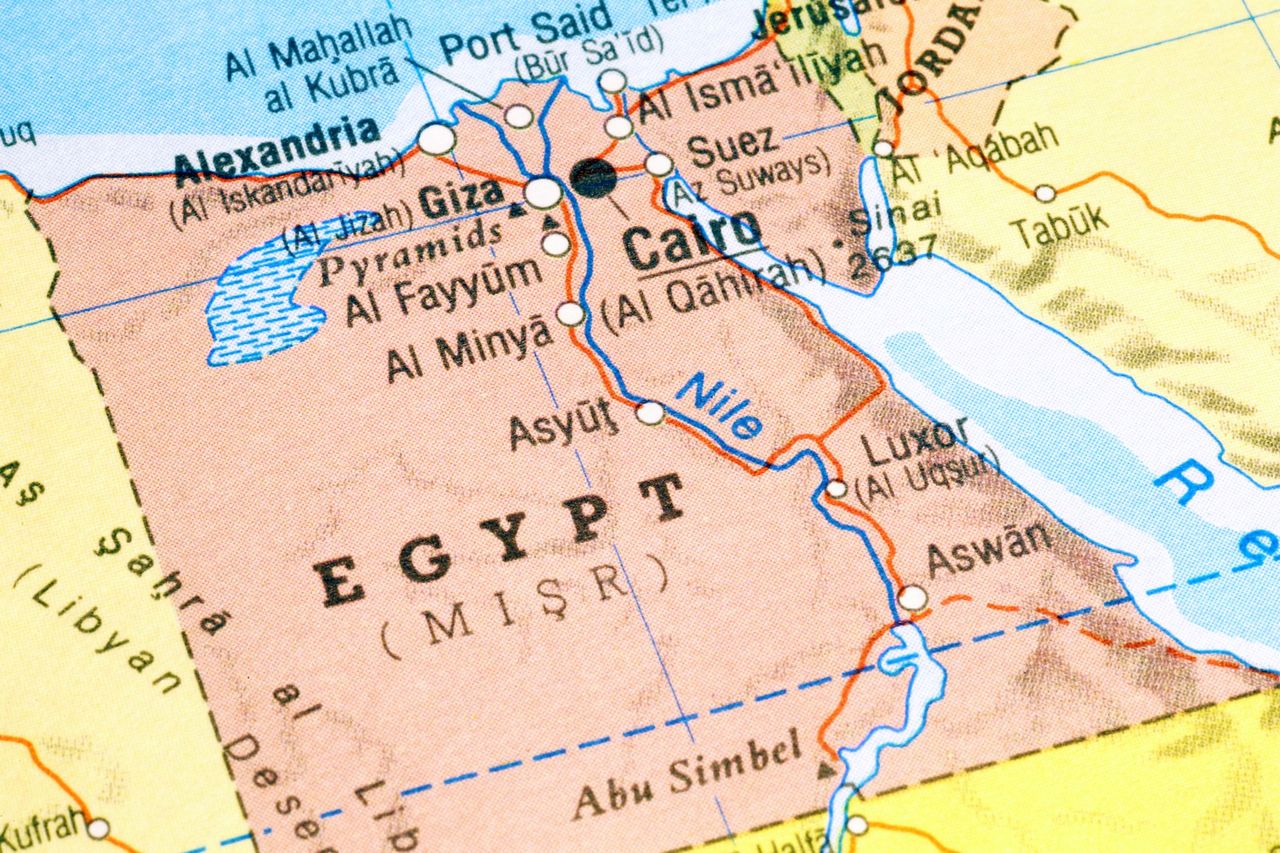
EGYPT: Young refugee earns a stable living thanks to technical training he received through a Salesian Missions project in Cairo
The project has improved the livelihoods and quality of life of more than 2,500 Sub-Saharan African and Syrian refugees and vulnerable Egyptians.
NEW ROCHELLE, NY (Aug. 3, 2020) Kedr, a 24-year-old man from Somalia who lives in Egypt, was able to get stable employment in the field of auto mechanics and earn enough of a living to support himself thanks to a project funded by the U.S. Department of State’s Bureau of Population, Refugees and Migration (PRM) through a Salesian technical and vocational training center in Cairo.
Kedr was in housekeeping and couldn’t find a better paying job. As a result, he could not afford to meet his basic living expenses. Kedr was challenged by being in a new community and found it hard to integrate into Egyptian society with both language and cultural barriers.
Kedr enrolled in the mechanics course and received scholarship funding through the project. He said, “I didn’t know anything about mechanics, but now I am like a doctor to the car.”
After Kedr finished the course, he started work as an intern and now has a permanent job and a fixed salary in the same shop. His income increased by more than 50 percent after finishing the course, and he can now afford his basic needs. Kedr no longer has to take loans or depend on his friends for his expenses.
Through the project, Salesian missionaries offer vocational and technical training to assist refugees in gaining the skills needed for employment in their new host countries, which for many is particularly challenging due to labor laws and a lack of established social and professional networks.
“The technical training has allowed many participants to increase their skill level and find stable employment that earns them a decent living,” said Father Gus Baek, director of Salesian Missions. “The additional social services provided through the project have also been a real success, ensuring that participants have the health screening they need as well as the nutrition in order to focus their attention on the training.”
This project also provides life skills training, health awareness, entrepreneurship literacy workshops, job panels, seed grants, and violence prevention training to help refugees build the skills needed to succeed in the workplace and adjust in their new urban environments. One of the great successes of the project is the additional social services, including transportation vouchers for travel to and from courses, fully funded for participants. Those engaged in the training are also provided vouchers to purchase groceries and other essentials from a local store. This helps to ensure that basic needs like nutrition are met.
Each participant also receives a voucher for a primary care checkup and eye exam with a doctor who comes to the school. Some medicine prescriptions are included as are referrals for secondary care as needed.
The project was first funded through Salesian Missions in 2014. To date, the project has improved the livelihoods and quality of life of nearly 2,500 Sub-Saharan African and Syrian refugees and vulnerable Egyptians.
Egypt serves as both a destination and a transit country for refugees and asylum seekers. More than 221,675 people of concern from over 60 countries are registered by the United Nations Refugee Agency (UNHCR)—a population increase of over 44 percent since 2016. Syrians comprise 57.8 percent of the total number of people of concern. Of the rest, 49.5 percent are from South Sudan and Sudan and 36.5 percent are from other countries in the Horn of Africa.
The vast majority have fled wars and conflict in their homelands and have come to Egypt seeking shelter and safety before moving on to their next destination. Many end up in Cairo’s slums without the means to make a living due to restrictive national labor laws for refugees and discrimination by Egyptians. Many of these refugees are women and children who have been forced into poverty with little means to provide for themselves.
###
Contact: media@salesianmissions.org
